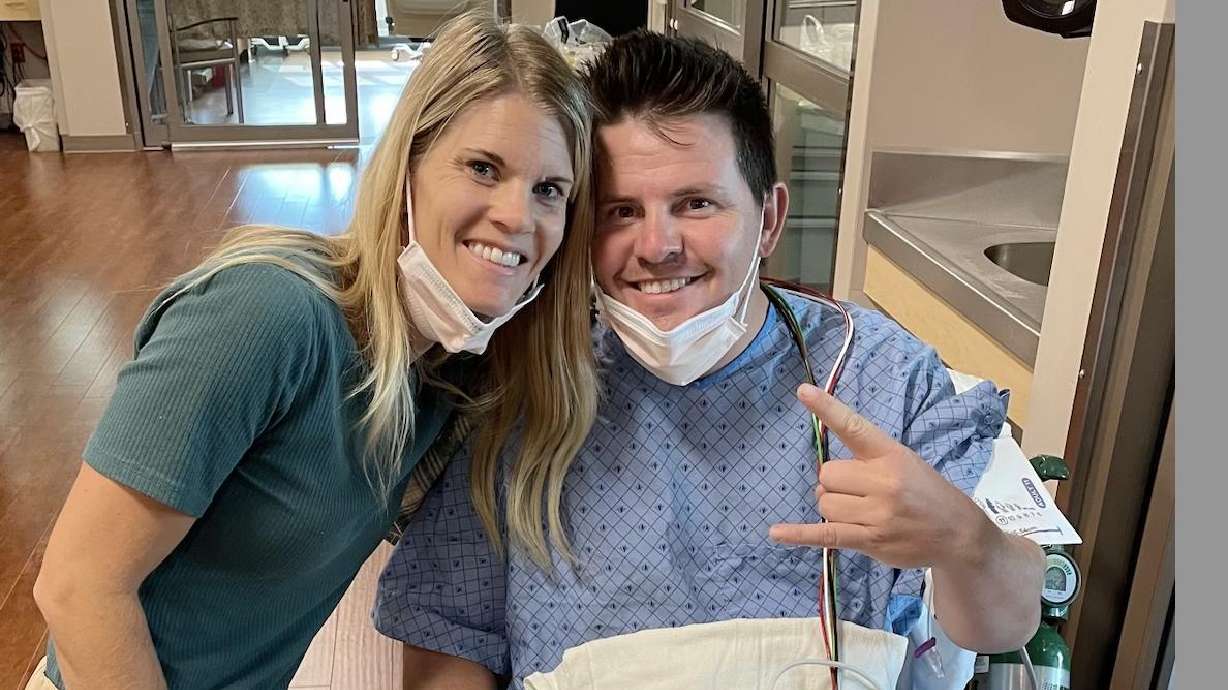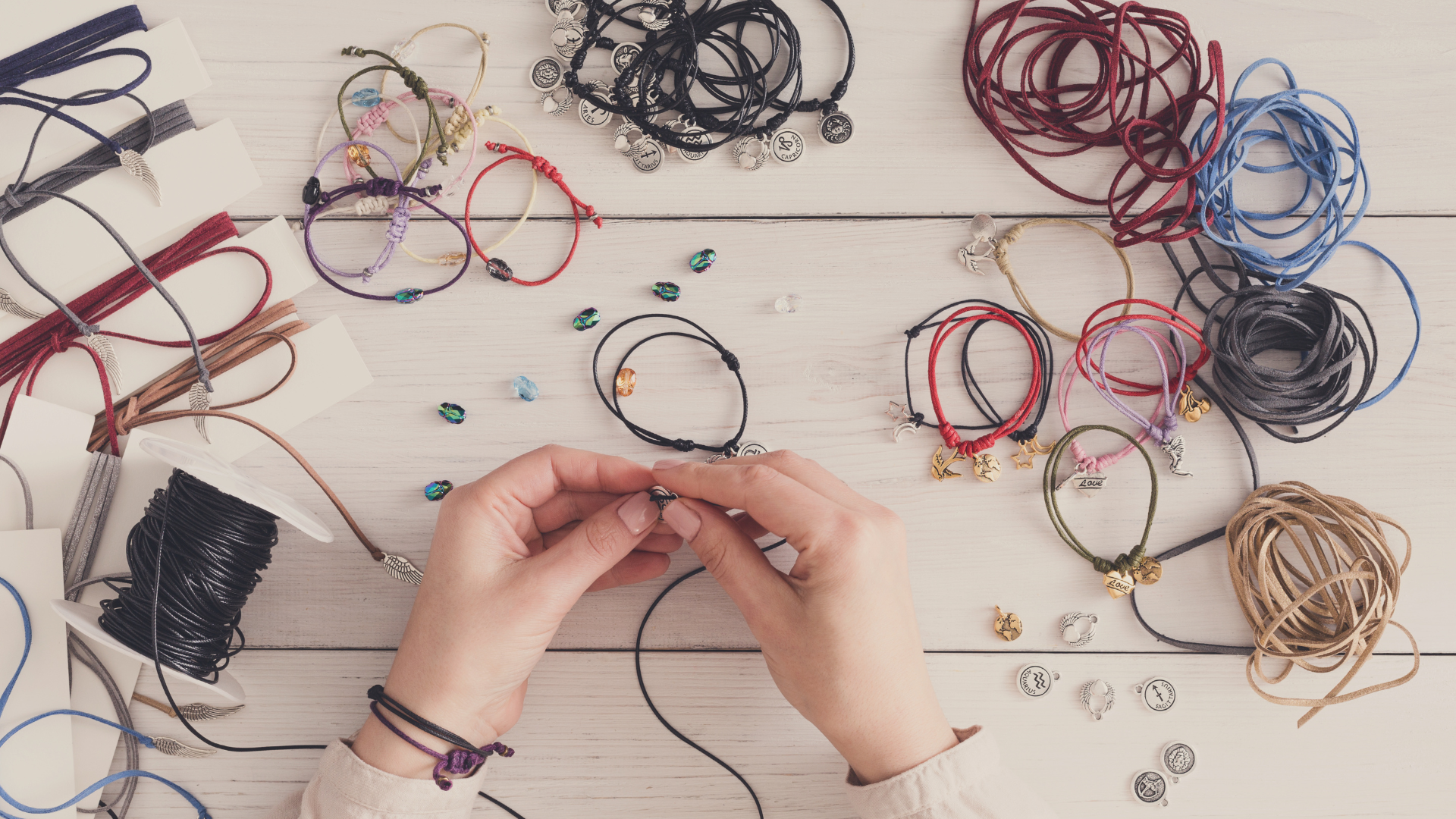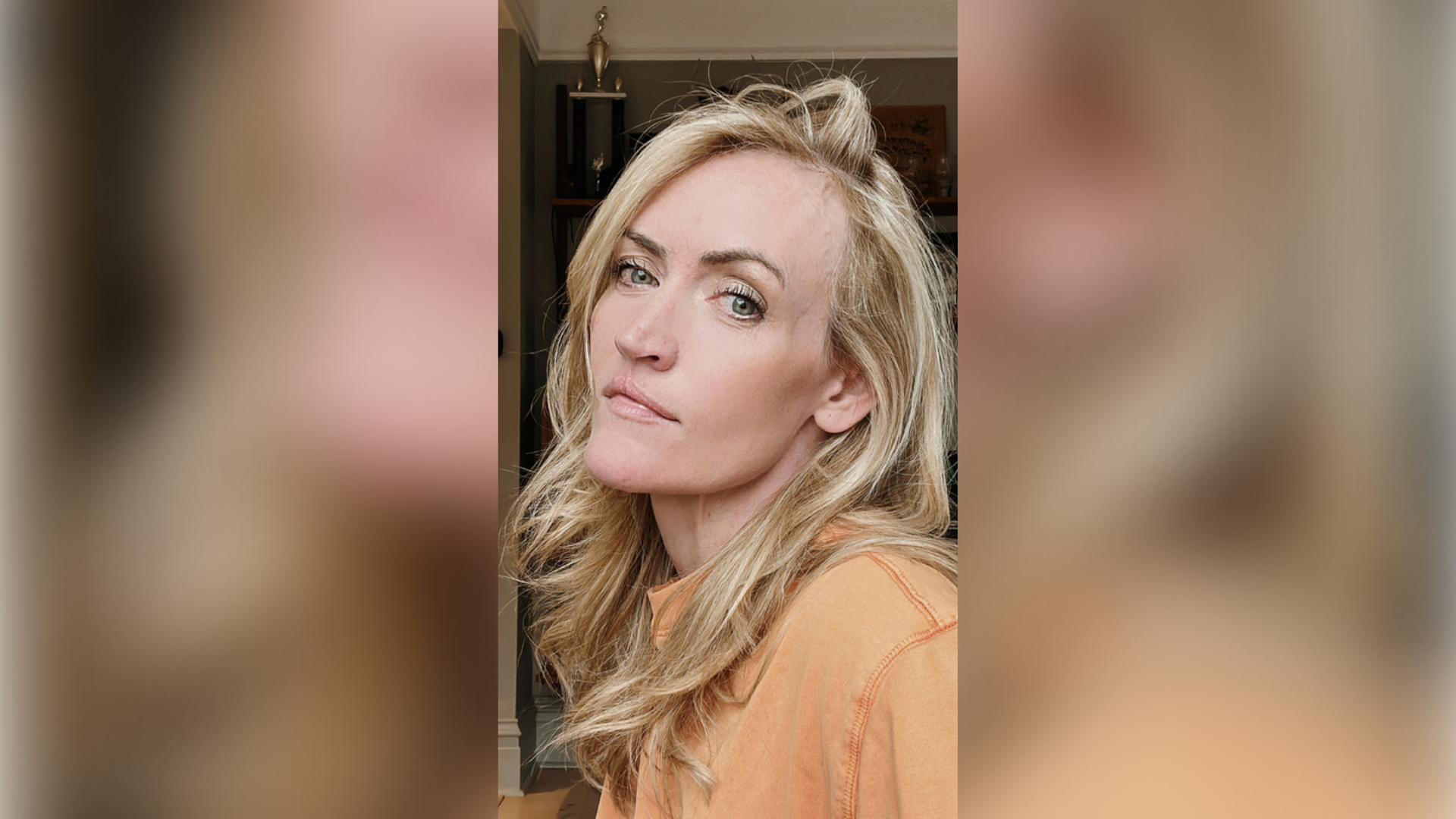HEALTH
Why COVID-19 preparation, prevention is important
Mar 13, 2020, 10:37 AM | Updated: 11:04 am

103.5 The Arrow's Jon Smith shared this photo of the mostly-empty toilet paper aisle at Target in Salt Lake City.
Our listeners have been asking us a lot of questions in recent days: Why is there so much attention on COVID-19 preparation right now? Is the media just creating a panic through this reporting? Is it really as bad as the headlines suggest?
We decided it might help to explain why health experts, including the Centers for Disease Control and World Health Organization, are sounding the alarm.
COVID-19 preparation should feel like an overreaction if we do it right
World health experts estimate the death rate for coronavirus to be around 3% to 4% worldwide. They expect that number will fall to something closer to 1% once we are able to test more people — currently, only the sickest people are being tested, which could therefore skew the number higher.
Even if the mortality rate was at 1%, though, that is still about ten times higher than the death rate of the average seasonal influenza. According to the CDC, the flu kills about 0.12% of people who get it every year.
Most people who get coronavirus will have a “mild” illness, with symptoms similar to the common cold. The symptoms tend to include upper respiratory tract issues, like a cough, sore throat, low fever, headache and runny nose. For most people, those symptoms go away on their own within a couple of days.
The problem is for people with weakened immune systems, for example, if they are older or have an underlying health condition. They are both more likely to become sick and to experience a more serious lower respiratory tract illness, such as pneumonia or bronchitis. Those illnesses can increase the risk of death.
How does COVID-19 preparation help?
COVID-19 preparation and prevention are aimed at lowering the percentages both of infection and death, in part by preventing the illness from reaching vulnerable populations.
There’s a secondary concern that without lowering those numbers, we will overwhelm the nation’s hospitals and clinics and create a different type of crisis. The simplest explanation is this: if we can slow the spread and minimize the numbers affected, our hospitals have a fighting chance of handling it.
What we don’t want is to have the number of people affected by COVID-19 to be vastly higher than our healthcare capabilities, which is why mitigation & social distancing is so important.
Do your part. Avoid large crowds. Practice good hygiene. And if you’re sick, stay at home. pic.twitter.com/Ca3gTIA3Qt
— Rep. Chris Stewart (@RepChrisStewart) March 13, 2020
If we do this right, it’ll feel like we’re overreacting because so many fewer people got sick than expected. That’s the plan!
A lot of urban legends are spreading, and that could be dangerous
Multiple myths started circulating on social media about COVID-19 early on. They’ve been repeatedly debunked but could be considered dangerous because they could lead people not to take COVID-19 preparation and prevention seriously, or they could incite panic.
Myth #1
Scientists in the US, China and other places have repeatedly debunked theories that novel coronavirus was lab-created.
We’ll say it again: that is not true.
While experts are still trying to figure out the exact origins of this strain, the latest findings suggest it likely originated in bats, from which it transmitted to another animal host before moving to humans. This is similar to how the SARS epidemic began in 2003.
Myth #2
Another myth making the rounds is that home remedies can either cure or prevent COVID-19. Yes, some chemical disinfectants, like bleach, can kill coronavirus on surfaces. But putting those same substances on (or in) your body or even under your nose not only won’t protect you – they could actually hurt you.
Myth #3
Finally, we’re hearing people say children aren’t getting coronavirus. This is untrue. While most cases of COVID-19 have infected people over the age of 18, there are some cases in children, according to the CDC.
What should we do? Facts, not fear
There’s currently no cure for COVID-19, and it could take more than a year to develop, approve and distribute a vaccine.
What to do in the meantime? You’re probably already doing it:
- Practice good hand washing hygiene
- Stay at least three feet away from anyone who may be sick
- Stay home when you’re sick
- Clean the surfaces and objects you touch
- Avoid touching your face
If you think you might be sick, contact your medical provider rather than showing up unannounced. They will advise you on whether you need to come in or self-quarantine.
Q: Should we go to the store?
A: Yes, but be reasonable and save some for the neighbors
The CDC does recommend making sure you have supplies on hand to stay at home for a few weeks if needed. This does not mean you should go out and buy up all the toilet paper and bottled water at the store.
As Utah Gov. Gary Herbert noted earlier this week, Utah’s drinking water is safe and is not expected to be affected in any way by coronavirus. And most of us would not go through reams of toilet paper in just a couple of weeks.
“Everyone take a deep breath,” Lt. Gov. Spencer Cox, who heads up the state’s coronavirus task force, said Thursday. “We’re not making these decisions today because things are really bad. We’re making these decisions today so things don’t get really bad.”
Related stories:
Facts, not fear: KSL NewsRadio’s coronavirus resource center
Gov. Herbert, state officials address COVID-19 and Utah schools
Opinion: Coronavirus Overreaction? No dummy, it’s the right reaction
EPA releases list of products that kills the coronavirus
How To Prevent the Spread of COVID-19 Coronavirus
COVID-19 coronavirus is transmitted from person to person. It is a virus that is similar to the common cold and the flu. So, to prevent it from spreading:
- Wash hands frequently and thoroughly, with soap and water, for at least 20 seconds.
- Don’t touch your face.
- Keep children and those with compromised immune systems away from someone who is coughing or sneezing (in this instance, at least six feet)
- If there is an outbreak near you, practice social distancing (stay at home, instead of going to the movies, sports events, or other activities.)
- Get a flu shot.
Local resources
State of Utah: https://coronavirus.utah.gov/
The Church of Jesus Christ of Latter-day Saints
Utah Coronavirus Information Line – 1-800-456-7707
National Resources
Centers for Disease Control and Prevention
Commonly asked questions, World Health Organization












